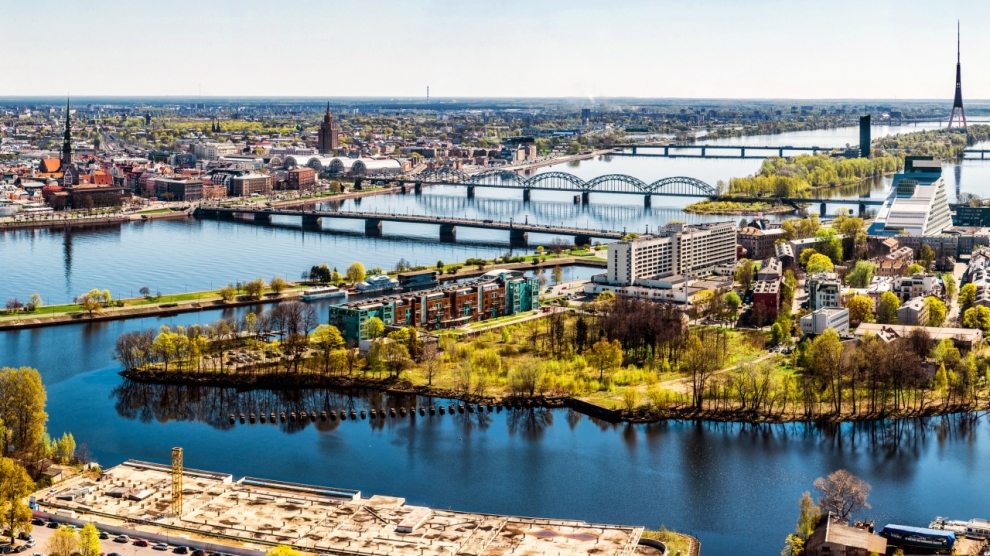Limited access to quality education, jobs and services, and the need for better cooperation between regional and central government are just two of the reasons that the Riga region underperformed in the latest survey of the Latvian economy carried out by the Organisation for Economic Cooperation and Development (OECD).
That, at least, is the opinion of Latvia’s Deputy Prime Minister and Minister of the Economy Arvils Ašeradens, who was also keen to point out that in his view Riga is as dynamic a city as any in the region, with great potential. “Yes, the international competitiveness of the Riga region is behind that of similar regions in Europe,” Mr Ašeradens told Emerging Europe. “Comparatively fewer economic opportunities and limited access to high quality education in the Riga region have contributed to the migration of that part of the population with higher-level skills to Ireland and the Scandinavian countries.” The OECD survey states that Riga’s GDP is only 70 per cent of that in other cities in the region.
The minister also feels that Riga fails to use infrastructure and public services efficiently, but highlights that the tools are in place to transform the region.
“Riga, as one of largest cities on the Baltic has many advantages if compared to other cities,” he said. “Riga has historically been a hub for trade and commerce not only of local, but also of international importance. Riga International Airport is the largest in the region, with convenient connections to its network spanning Europe, Scandinavia, Russia, CIS and the Middle East.”
“As minister of the economy I see that Riga has great potential not only to serve as gateway between east and west, but also develop as an innovation hub, and a recognised conference hub. To achieve this there is a clear need for cooperation between Riga City Council and central government,” added Mr Ašeradens.
“Many international companies have chosen Riga as the primary base for their business activities and as one of the most popular service centres. Latvia ranks 19th in the World Bank’s Ease of Doing Business Report, and 3rd in the European Entrepreneurial Hotspot list published by the World Economic Forum. These are further signs of our business-friendly environment,” he said.
Mr Ašeradens believes that cooperation amongst all stakeholders is key to Riga’s continued development. “There are many improvements to be made in the future, to improve the situation,” he said. “These include identifying city projects that can lead to cooperation between municipalities; boosting leadership development in government, the municipalities, universities and civil society; establishing safe and appropriate sources of financing for the city; and implementing long-term city monitoring and evaluation processes.”






Add Comment